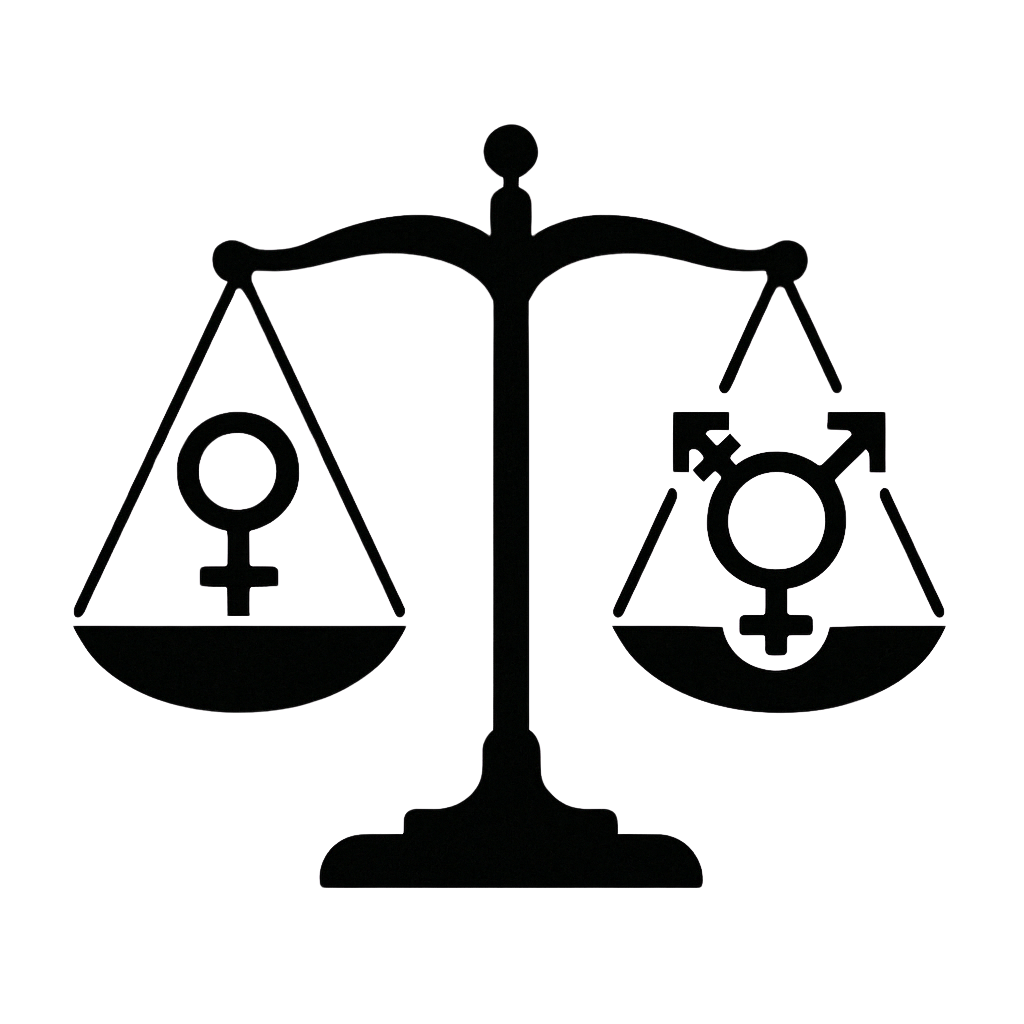
Inclusion at Christmas
As the festive holiday season rolls around again, so will accusations of politically correct rules waging war on Christmas...
Creating an inclusive culture
As the festive holiday season rolls around again, so will accusations of politically correct rules waging war on Christmas. Using "Seasons Greetings" instead of the "traditional" Merry Christmas is, perhaps, borne out of genuine concern of causing offence to non-Christian employees.
But it doesn't have to be that way. Although there have been instances of disciplinary cases brought against employers as the result of certain actions, employers don't need to go to extreme lengths to mitigate such fears.
As with inclusion in general, the individual is key. If employers- and colleagues- act with respect, common sense and maintain an open dialogue, problems can easily be avoided.
Bah Humbug?
No employee should be compelled to take part in activities- indeed no word kills joy as much as the word "compulsory". That includes:
- Secret Santa
- Christmas parties
- Christmas jumper day
Conversely, you shouldn't assume employees don't want to be involved because of an unfounded reason you have ascribed to them (did somebody just say 'Unconscious Bias'?). Employees may enjoy the festive atmosphere even if they themselves don't observe Christmas.
Have a drink, it's Christmas!
Not only should employees not be compelled, but they also shouldn't need to explain. It's important to be mindful -and tactful -about personal reasons such as:
- Religious reasons - they simply don't observe the holiday, by which no offence should be taken by those who do
- Financial reasons - they might not be able to shell out on Secret Santa or party clothes
- Environmental/Ethical reasons - they don't wish to partake in consumerism that they see as wasteful and damaging
- Health reasons - enforced socialising doesn't sit well with their mental health, being a recovering alcoholic may mean wanting to avoid temptation, or perhaps they're still worried about the impact of Covid
- Any other personal reasons - it may remind them of a family member passing away at that time
Or they might just be weary of Christmas and want their annual leave. The1e is no "one size fits al I" approach to diversity, equity and inclusion, and this is also true at Christmas.
Avoiding Offence
Approaching the Christmas period with common sense and allowing employees to determine the level of involvement they' re comfortable with will make for a problem-free end of year.
David Isaac, Chair of the Equalities and Human Rights Commission (EHRC) recently spoke about this very topic in The Sunday Times, saying that:
"It's ok to hold a party and to send Christmas cards. Most Muslims and Jews I know adhere to their own religious beliefs, of course, but to some extent acknowledge that Christmas happens and to some extent, with a small 'c', celebrate it. This is people's lived experience, and we need to reflect it."
So, you should be alright sending out Christmas cards to your colleagues, but don't do it expecting one back. Not everyone sends cards for various reasons, so send them out to be nice and be happy if they respond, not bitter that they didn't.
The Equality Act doesn't say that traditional customs fall under discrimination laws, so your tree and tinsel won't get you into trouble. You should, however, ensure the usual health & safety standards when putting up decorations to ensu1·e avoidance of injury.
A common-sense approach to Christmas parties and lunches will also ensure fuss-free festivities. Bear in mind things like dietary requirements, non-alcoholic drink options etc.
Inclusion at Christmas
What's inclusive about a list of don'ts? Well, nothing. But Christmas isn't the only opportunity to foster inclusion. By definition inclusion means the state of being included within a group, so why not open the floor to other festivals and celebrations celebrated throughout the year e.g.:
- Hanukkah - a Jewish festival also celebrated in December
- Holi - a Hindu festival celebrate in March
- Ramadan- the ninth month of the Islamic lunar calendar, observed by Muslims as a month of fasting, reflection, and prayer
Ultimately, your employees are key-trust them and let them lead the way, keep communicating and continue to learn from one other.
About Diversity Scotland
At Diversity Scotland, we lead the charge in transforming organisations into accessible, inclusive, equitable, and high performing workplaces. We are experts in developing dynamic cultures where individuals from all backgrounds feel they truly belong, and where everyone can thrive.
We don't just talk about change - we make it happen. By addressing the roots of exclusion and bias, we help institutions and socially focused groups achieve sustainable equity and social justice. From influencing policies and driving inclusive leadership to tackling systemic oppression, we equip our partners with the tools to create meaningful transformation.
Join us on this journey, because at Diversity Scotland, we believe that real change comes from bold action, and we're here to lead the way .


.svg)

